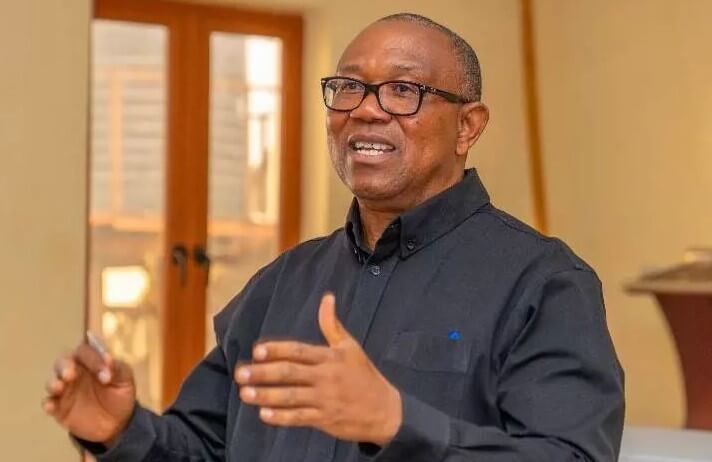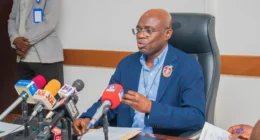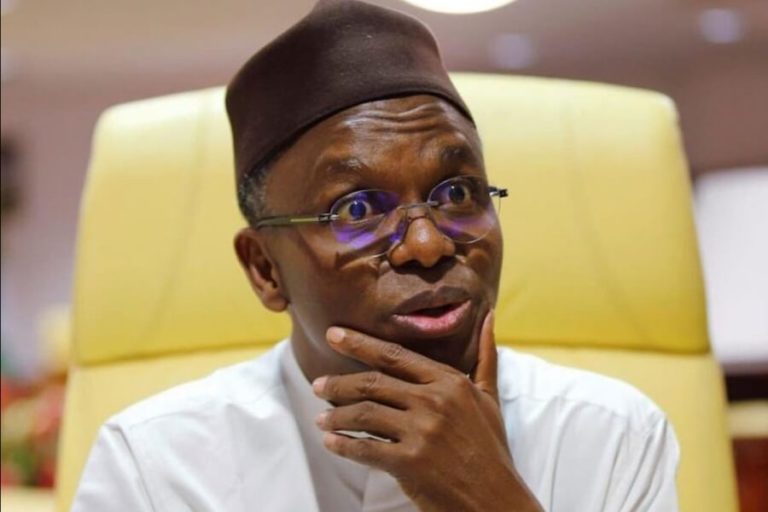
Former presidential candidate of the Labour Party (LP), Peter Obi, has urged African nations to prioritize productivity and the development of their human capital as a strategic response to the tariff regime imposed by the President of the United States (US), Donald Trump.
Obi emphasized that Africa must embark on a transformative agenda centered on rapidly developing the continent’s economies. He made these remarks on Tuesday in London during the plenary session of the 2025 Commonwealth Enterprise and Investment Council (CWEIC) Trade and Investment Summit, according to a statement released by his media office.
Lamenting Africa’s over-reliance on external Western political and economic institutions, Obi stressed the need for a shift in focus towards internal strengths, particularly in productivity and human capital development. His comments come in the wake of the American government’s decision to impose a 14 per cent tariff on Nigerian exports, citing trade barriers established by Nigeria’s restrictions on 25 categories of American goods.
Recalling President Trump’s recent announcement of new tariffs under the ‘Liberation Day’ trade measures affecting numerous countries, including Nigeria, Obi stated that African nations must respond by focusing on swiftly upgrading their productive capacities. He specifically highlighted the critical need for investment in innovative education, improved healthcare systems, and effective poverty alleviation programs.
Speaking on the theme of “Africa’s Role in the New Global Economy,” Peter Obi advised African leaders to strategically invest in the continent’s vast and youthful human capital, representing a workforce exceeding one billion people. He pointed out that while many countries globally have proactively responded to President Trump’s trade tariffs to safeguard their economies, Africa has largely failed to take similar decisive action.
Despite its immense potential, Obi highlighted the concerning fact that Africa’s share of global trade remains significantly low, accounting for just 2–3 percent, according to data from the World Trade Organization (WTO). He further noted, “Our share of the global GDP is about three percent. Africa’s GDP per capita is even worse, at $1,900, compared to Asia’s average of around $9,000.”
Obi emphasized Africa’s demographic advantage, stating, “Africa is home to the most youthful and dynamic workforce, with the largest concentration of working-age individuals—about one billion people. The continent boasts abundant natural resources, including nearly a billion hectares of uncultivated arable land. Africa holds over 60 percent of the world’s arable land and about 30 percent of global mineral resources.”
Highlighting the untapped potential within the agricultural sector, Obi noted that Africa’s food and agriculture market, currently valued at approximately $280 billion annually, is projected to surge to over $1 trillion by 2030. 1 “This shows that, with agriculture at the core of Africa’s economic transformation, the continent has the potential to become a global agricultural powerhouse and a net exporter of food—contributing meaningfully to the new global economy.
Obi concluded by stating, “What is missing is the leadership that can reorder priorities and scale up productivity so that African countries can move up the value chain.” He asserted that Africa must be prepared for higher-value production in response to the trade restrictions imposed by President Trump, adding, “We need to produce more goods and services that the world needs and be smart enough to leverage whatever global trade arrangement emerges from Mr. Trump’s disruption.”








